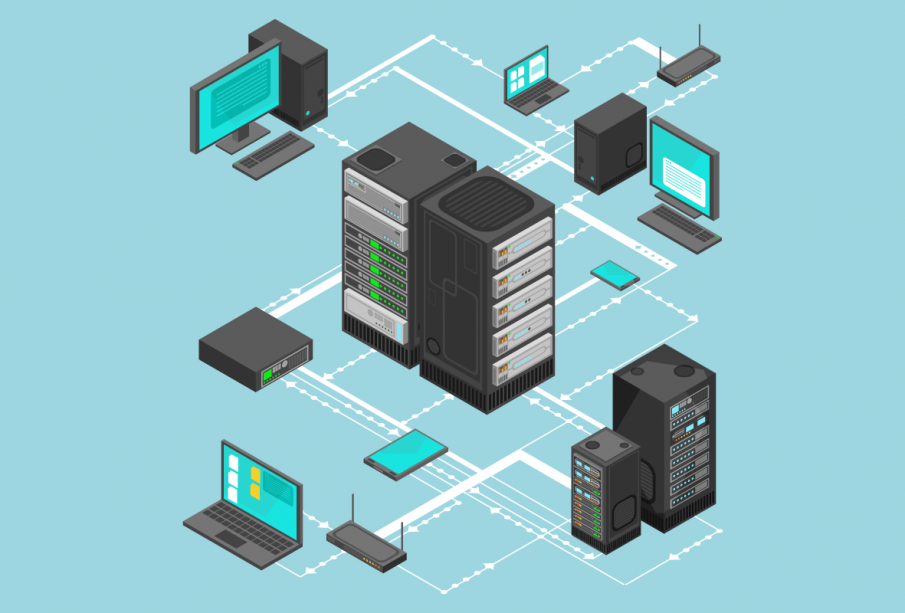What is Proxy Server?

With the times of firewalls, VPN services, and Tor applications, practical methods of masking the IP address, and acceleration of the Internet, a proxy server is becoming indispensable for active surfing on the Internet. Many users use a proxy without thinking about what it is, how it works, and what functions it can perform.
A proxy server is an intermediary between a user’s computer and a system of Internet servers. In simple terms, this is a remote intermediary computer by which you can connect to the Internet as if from another country. The main task of a proxy is to broadcast user requests to the network and send responses back.
So, how to get a proxy? You can find it for free on some sites. Another way is to download special software that enables you to use a filter by country and check the operation of the proxy server. And one more way is to buy proxies, an “authorized” server on special sites.
They gained the greatest popularity in the corporate segment as through them access to the online network from the local networks of legal entities is carried out. It was facilitated by the following advantages:
- Security. As a result of using the anonymizer, the resource you visit cannot register the actual IP address it has – but instead registers the general IP identifier of the proxy service. This guarantees some anonymity when surfing the web.;
- Firewalls. Proxy servers are often deployed as hosts for these firewalls so that they can verify the legitimacy of traffic before it reaches the network;
- Caching. It simplifies and speeds up access to websites you’ve visited before by saving (or caching) data from those sites. Proxy servers can cache websites to reduce latency.
To summarise, the services of anonymizers are important for the private user, because they maintain personal anonymity and confidentiality.

















